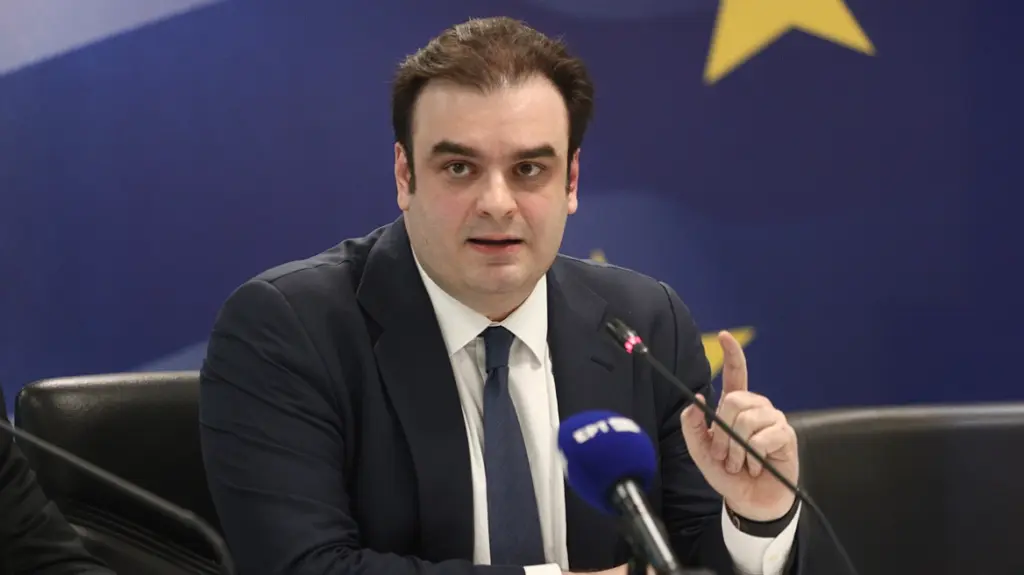EU finance ministers approved Greece’s request to activate the national escape clause, with the finance minister stating “we were among the first to submit the relevant request and now we have an additional 500 million euros at our disposal to strengthen defense in 2026 and support Greek citizens, as this opens up fiscal space.” Kyriakos Pierrakakis from Brussels, where he participated in Eurogroup and ECOFIN meetings, also emphasized: “Today’s ECOFIN decision to adopt the escape clause for defense spending constitutes a strategic victory for Greece and a moment of institutional maturity for Europe. Greece, in addition to defending its sovereignty, also protects the EU’s external borders and needs the tools to do so effectively.”
Read: Eurogroup: Greece gains 500 million euros from defense spending exemption clause
“Our country was one of the member states that took the initiative to exempt part of defense spending from fiscal rules. National sovereignty is not built with slogans, but with initiatives and decisions. And today, we proved that Greece can compete and succeed,” the finance minister emphasized.
The digital euro issue was at the center of discussions. In his intervention, Kyriakos Pierrakakis expressed Greece’s support for the project, emphasizing that in an unstable geopolitical environment, Europe must strengthen its monetary sovereignty.
Referring to the future of digital payments, the minister stressed that there is no room for delay, emphasizing the need for agreement by the end of the year. He also highlighted the opportunities created by the digital euro, presenting as a positive example the fight against tax evasion in Greece through the strengthening of digital payments.
Pierrakakis: Common goal is strengthening the securitization market
The need to simplify existing rules and remove unjustified obstacles was emphasized by Mr. Pierrakakis, within the framework of discussion on the European Commission’s securitization framework revision package.
As the minister characteristically said, “the common goal is to strengthen the securitization market, so that capital flows to the real economy for productive investments.”
In this context, Kyriakos Pierrakakis referred to the proposed acquisition of the Athens Stock Exchange by Euronext and the investment of Italian bank UniCredit in Alpha Bank. These two pivotal developments, he emphasized, have both Greek and European dimensions, “as strategic steps that on one hand constitute a vote of confidence in the Greek economy and on the other hand contribute to EU financial integration and the goals of the Savings and Investment Union.”
The minister of National Economy and Finance congratulated Irish Finance Minister Paschal Donohoe for renewing his term as Eurogroup President and expressed his support for achieving eurozone goals. At the ECOFIN Council, Mr. Pierrakakis welcomed the Danish Presidency’s program and recognized the priorities set as crucial.
The minister, on the sidelines of the Eurogroup and ECOFIN Council meetings, met with European Commissioner for Economy and Productivity and for Implementation and Simplification, Mr. Valdis Dombrovskis, with whom they discussed the achievements and challenges of the Greek and European economy and the opportunity to accelerate economic growth in the EU through simplification and digitalization.




